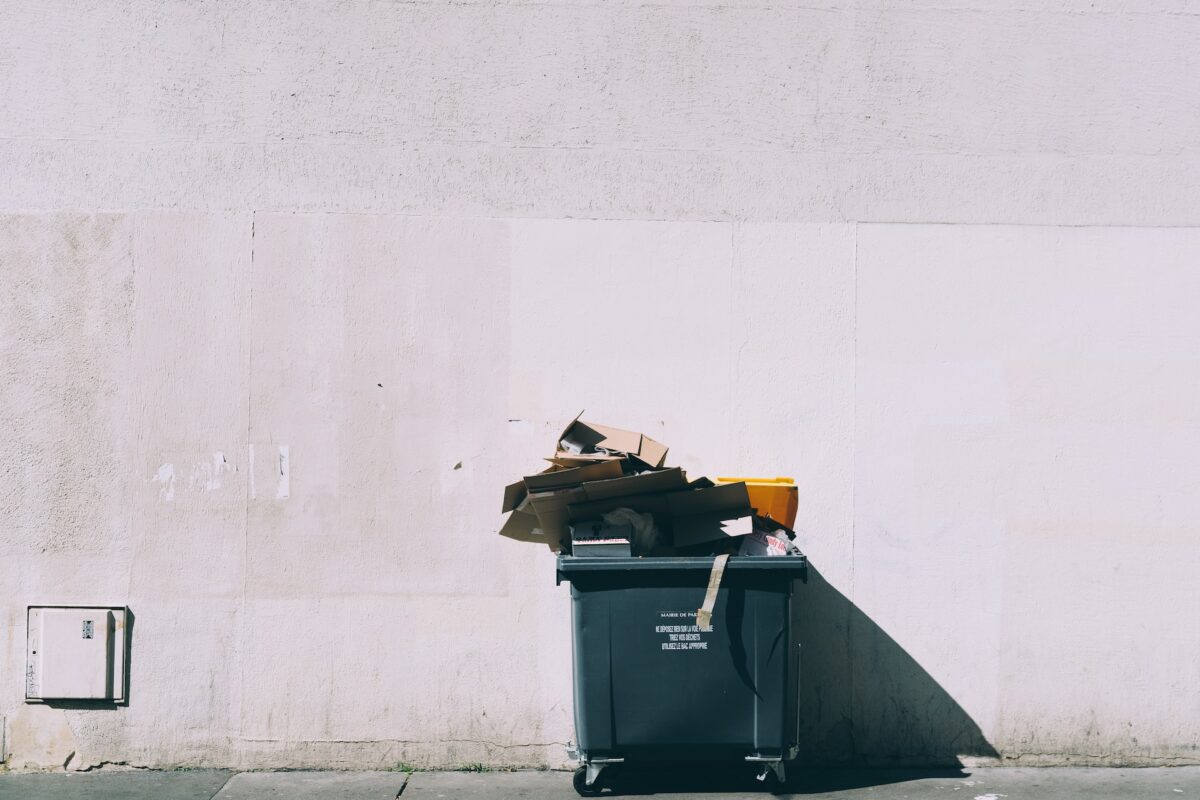Technology and Learning the Risks of E-waste Today

E-waste is growing on a global scale. Electronics are widely used in established and developing nations, but many have short life spans. When it comes to outdated electronics, most technology is thrown away. Even old cells pose a danger.
Read on to discover the role of technology in the risks of e-waste today.
Understanding E-Waste
Electronics contain toxic metals, flame retardants, and lingering organic contaminants. Leachate from unrecycled chemicals can pollute landfills and water sources. Disposing of electronic waste is laborious. If there is a market, the bulk of recycled electrical waste is delivered to facilities that separate plastics, metals, and other chemicals. Recycling e-waste makes use of chemicals that are stronger than the actual goods. E-waste recycling exposes workers to risks in developing countries like China and India, where electronic refuse is on the rise.
Bioremediation can also be used to clear toxic e-waste. Microorganisms and phytoremediation are both a part of bioremediation. These biological techniques are challenging but successful due to the mixed pollutants in e-waste. Despite the fact that electronics can enter the waste stream at any moment, policies are slow to adjust to this dynamic environment.
E-waste is produced by everyone who utilizes electronics. Due to software updates, technological advancements, and market trends, customers must buy new equipment even if their current devices are still effective.
Because new customers are what drive the electronics industry, sustainability is not lucrative. Manufacturing adjustments should take expiry into account. Government regulations that support recycling, safeguard workers, and keep an eye on the environment frequently force businesses to seek sustainability voluntarily.
The Toxins in E-Waste
According to tests, the lead and mercury in these gadgets can contaminate landfill soil. They contain environmentally dangerous materials. They seep into the ground in the summer after being deposited in a landfill. Electronic refuse emits toxic gasses into the atmosphere when heated. Groundwater contamination from toxic substances can harm both marine and terrestrial life.
E-waste pollutes the atmosphere. These devices are not appropriate for the trash because they contain toxic materials like lead, mercury, and cadmium.
E-waste in landfills may result in respiratory issues, according to studies. According to a study in the journal Environmental Research Letters, air samples from a sizable Chinese e-waste disassembly facility showed that these products harm human respiratory cells.
People consume and absorb many of the pollutants that e-waste releases into their bodies.
A UNEP study of 300 Dandora students was displayed at the National E-Waste Conference and Exhibition in Nairobi. As a result of their exposure to heavy metals from electrical devices, 30% of the infants had blood abnormalities and 50% of the infants had respiratory problems.
A Rise in E-waste
Today, both the volume of e-waste and the related environmental risks are significant issues. Older versions of devices become unusable as technology develops and adds new features. Electronics are being abandoned in greater numbers.
20–50 million tons of electronic waste are generated each year. More electronic gadgets than any other nation were recycled in the United States in 2012—more than 5 million tons. The typical person has 74 pounds of electronic waste.
Electronics refund rates range from 15 to 20%. According to the EPA, we recycle or discard 142,000 laptops and 416,000 smartphones each day.
These things need to be recycled right away. Global smartphone purchases increased by 23% in 2014. As we buy new gadgets, we keep getting rid of our cell phones and other electronics.
Recycling electronic waste reduces toxic contamination and landfill area. Recycling helps cut down on garbage disposal. Recycling reduces waste, energy use, and water use.
Conclusion
While we allow technology to coexist with our lives today, it is still essential to think about the electronic waste you might create. Do not forget to find out how your community handles recycling and disposal of electronic waste. A safer world can result from increased awareness of technological dangers.
Do you want to recycle electronics in Atlanta? Atlanta Green Recycling is here to give us opportunities to live sustainably. Contact us today to learn more!